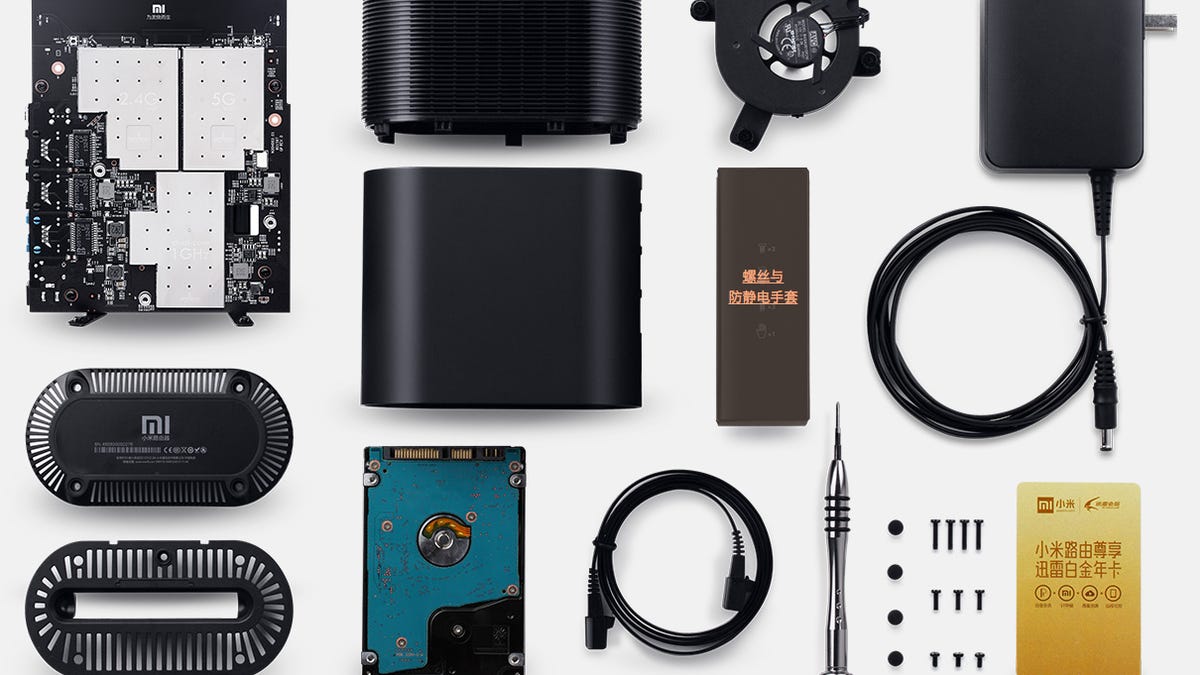Xiaomi Wi-Fi router makes 'some assembly required' a perk, not a problem
A new 802.11ac Wi-Fi router comes in a wooden box and includes a screwdriver and antistatic gloves to help customers put it together -- and perhaps to feel more attached to the product.

The words "some assembly required" are rarely auspicious, but Chinese electronics company Xiaomi is betting the idea can be a selling point.
Customers buying unassembled flat-pack furniture or bicycles usually get extra work in exchange for a lower price. For Xioami's new Mi Wi-Fi 802.11ac router, the company apparently thinks building it will be half the fun.
"We're shipping the new Mi Wi-Fi router to our first 500 beta users unassembled in a beautiful wooden box, complete with white anti-static gloves," said Hugo Barra, vice president of Xioami Global and Google's former Android product manager in a Google+ post Monday. "It's the Christmas hacker spirit."
Xiaomi sold 18 million Android phones in China in the last year, but Barra is charged with bringing Xiaomi's brand to other countries. He's starting with southeast Asia, he said last week at the LeWeb conference.
The router assembly doesn't look too taxing -- mostly just like some expensive Lego held together with a few screws. There's decoding resistors or soldering involved. But it's still an interesting approach: customers get to feel a bit more sense of ownership, perhaps, and a bit more attachment to the brand.
The product is a good example of the hardware-hacking, do-it-yourself ethos that's arrived in the modern computing industry. Most people aren't going to want to build their mobile phones or smartwatches, but plenty of people are buying Arduinos, Raspberry Pis, and other gizmos that aren't afraid to expose the realities of printed-circuit boards for all to see.
It's hard to imagine Xiaomi's move will be the way to reach the vast majority of the market. But for a technophilic minority, "some assembly required" might actually signify a premium product.

